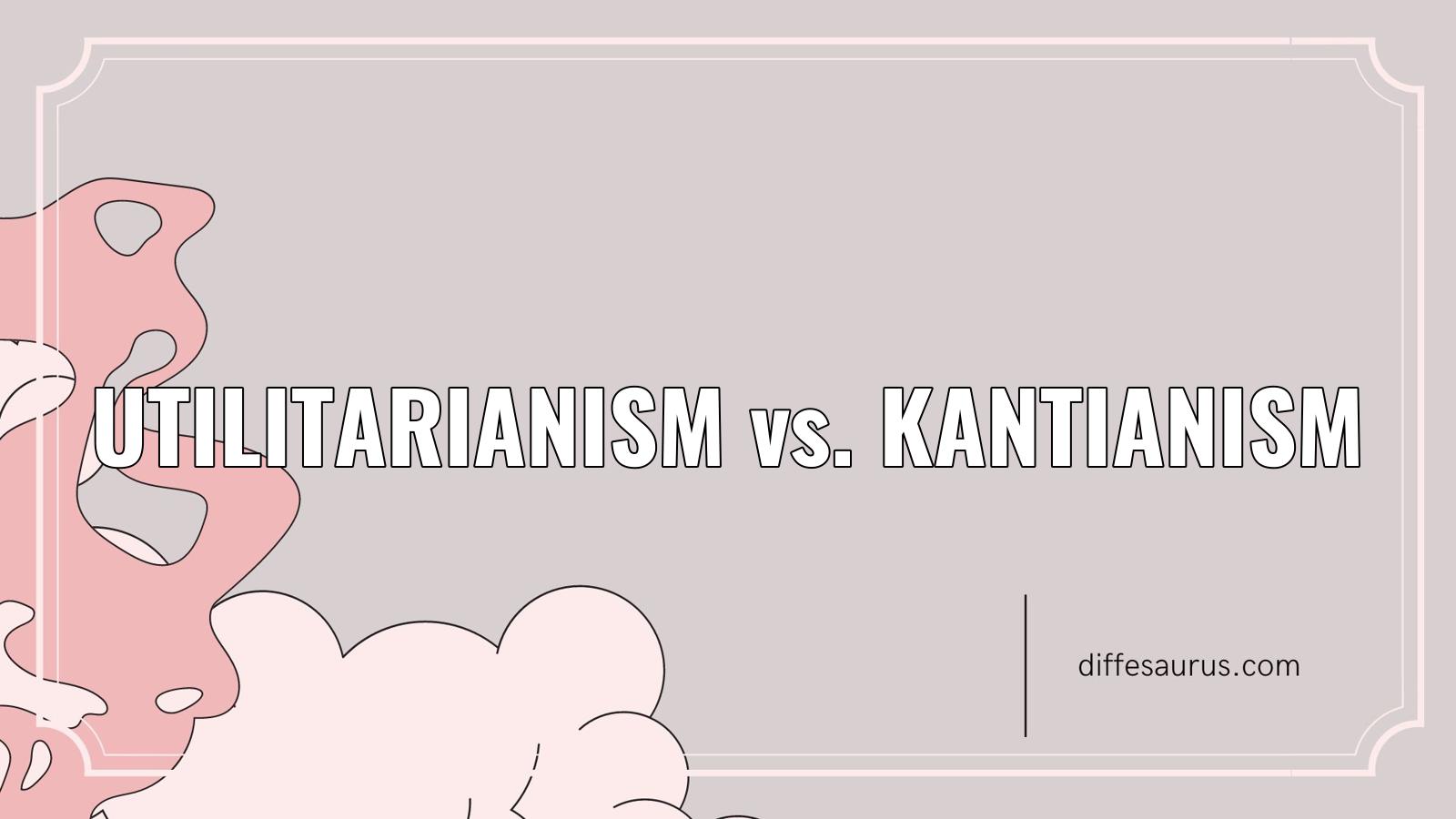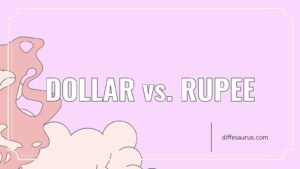Utilitarianism is a teleological moral theory, while Kantianism is a deontological moral theory. Utilitarianism is thought to be the work of Jeremy Bentham, John Sturt Mill, Henry Sidgwick, and others.
Utilitarianism is a teleological theory, whereas Kantianism is a deontological theory. The morality of an action is not measured by its consequences, but by its goodwill and duty. According to utilitarianism, an action is considered moral and good if it leads to more happiness for others, regardless of its intentions. The difference between Utilitarianism and Kantianism is related to this.
How does rule utilitarianism differ from Kantianism quizlet?
Both rule utilitarianism and Kantianism are objective. Right actions are those that are in line with the universal moral rules, according to both theories. The rules are derived in different ways by the two theories. The proposed moral rule is evaluated according to the Categorical Imperative by the philosopher. Utilitarianism considers the long-term, overall total change in happiness that would result if everyone followed the moral rule, to determine whether a proposed moral rule is acceptable.
How is utilitarianism different from Kant’s categorical imperatives?
Utilitarianism focuses more on the end result and how breaking rules can help.
What is the difference between utilitarian and utilitarianism?
Rule and act utilitarianism are different things. The results of a single act and the consequences of following a rule of conduct are only considered by the act.
What is an example of Kantianism?
All human beings are subject to the same set of universal moral principles. The principles of the Categorical Imperatives are defined by their morality and level of freedom, according to the German philosopher.

How is utilitarianism similar to Kantianism?
Utilitarianism is a moral philosophy that emphasizes that morality is not determined by the consequences of an action but by the motivation of the doer. The difference between Utilitarianism and Kantianism is the fundamental difference.
What is the difference between utilitarianism Kantianism and virtue ethics?
The ability to determine the rightness or wrongness of an action is a part of virtue ethics and utilitarianism. Utilitarianism is a moral theory that states that an action is right if it is beneficial for a majority of the population.
What are the similarities between Kant and Mill?
Both incorporate in their proposed first principle of morality a kind of universality, in Mill’s case considering the consequences of a kind of action for all humans.
Which is better Kantian or utilitarianism?
The ethical standard of an action is expressed by the theories of Kantianism and Utilitarianism. There are two different views on ethics taken by these two philosophies. The philosophy of Utilitarianism is considered to be the opposite of Kantianism. The difference between Utilitarianism and Kantianism is looked at in this article.

Which is better Kantian ethics or utilitarianism?
The methods of determining whether actions are right or wrong are different. Humans are free rational beings and should not be used for the purpose of happiness or pleasure of others. People shouldn’t use other people to get what they want, and you shouldn’t act on motives that you wouldn’t want to be a universal law. Utilitarianism states that we should perform actions that produce the greatest amount of happiness, and that we can use whatever means are necessary to achieve that end.
What is an example of utilitarianism?
egoism is similar to it. They only consider their own utility when they are deciding what to do. The view is that you should choose the flavor that will give you the most pleasure if you are choosing ice cream for yourself. If you enjoy chocolate but don’t like vanilla, you should avoid it because it will make you unhappy. If you like chocolate and strawberry, you should choose which one will bring you the most pleasure.
What are the similarities and differences between Kant and Mill on ethics?
The similarities and differences between these two philosophers are more than just that. They both believe that morality is achieved by actions which seek the highest good and that reason should be used to determine actions. The consequences of an action are different between the two philosophers. The consequences of an action are irrelevant when it comes to determining whether an action is moral or not.


